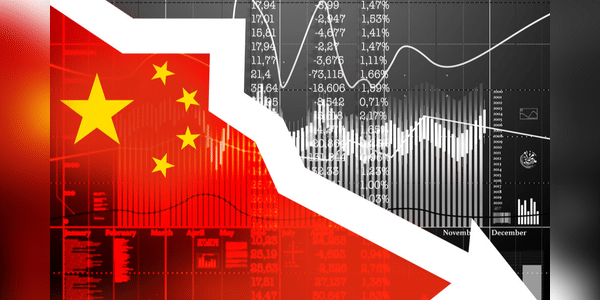Latest economic data shows that China is still in big trouble
Recently I wrote an article about the giants selling their shares that they bought in China. The Chinese economy was not looking good at all, there were a number of problems and threats, which is actually what today's article will follow. In the past week, the latest economic data has come to us, showing a few signs for possible improvement, but also pointing to other weaknesses and problems in the economy that will not just go away. Is China currently high risk from an investment perspective?

Is a collapse of the Chinese economy on the horizon?
I find this topic important and interesting as there have been many advocates of Chinese equities in the past, and most importantly it is one of the world's major economies. The latest economic data shows us a slight improvement in certain areas, but it is still not a lost cause. Why? We'll break that down below.
If this topic interests anyone in more depth, I covered it recently in this article: Is China's Economy Headed for Doom? Giants led by…
The slump in the real estate sector is also weighing on demand.
how am I good at trading, stocks, choosing a classy broker
Please help me